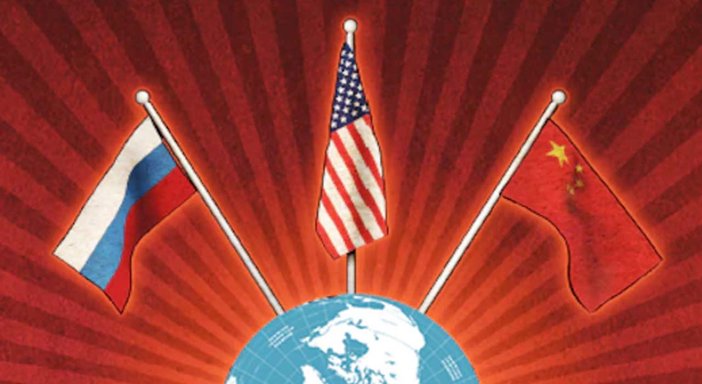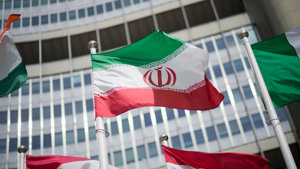
US Warns of China, Russia Interest in Greenland
United States intelligence officials have raised alarms over China and Russia's growing interest in Greenland, citing its natural resources and strategic location. The warning came in a report presented Tuesday to the Senate Select Committee on Intelligence (SSCI) by Director of National Intelligence Tulsi Gabbard and Central Intelligence Agency Director John Ratcliffe.
According to the report, both Beijing and Moscow are exploring ways to expand their influence on the Arctic island, viewing it as a valuable geopolitical asset. The intelligence chiefs expressed concern about long-term security implications if adversarial powers increase their presence in the region.
The testimony arrives amid President Donald Trump's renewed public remarks advocating for the United States to annex Greenland from Denmark. Trump described the island as receptive to the idea, stating, “It’s calling us, we’re not calling them,” and asserting that the local population “wants something to happen.”
Trump's comments reflect ongoing interest from his administration in acquiring the territory, a notion that has drawn criticism and pushback from Danish authorities. The government in Copenhagen has strongly opposed any discussion of changing Greenland’s political status and labeled US actions as unacceptable.
“Denmark will resist Washington’s pressure,” officials stated, underlining the sovereignty of Greenland and its ties to the Danish realm. Denmark has consistently maintained that Greenland’s future should be decided by the Greenlandic people themselves, in accordance with international law.
The issue has reignited geopolitical tensions over the Arctic, an increasingly contested region due to its emerging accessibility, energy reserves, and strategic military positioning. As global powers compete for influence, Greenland has become a focal point in the intersection of diplomacy, national security, and resource acquisition.
The US intelligence community’s warning adds new urgency to policy debates on Arctic security and foreign presence in the region, highlighting the complex interplay between military strategy, diplomacy, and environmental stakes.






